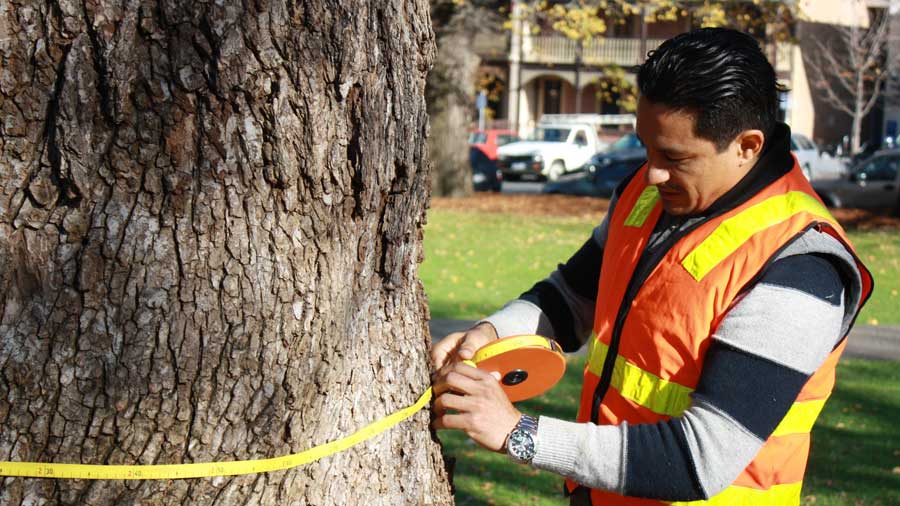
Urban trees are valuable assets for modern cities and they deliver important environmental and social benefits that enhance city liveability. Since, my background is in Forestry and Agroforestry, working with trees now within an urban context is quite attracting and in line with my passion for crops and trees. So, I decided to study a new sphere of trees outside forest. From my point of view, Urban forestry is both a challenging and rewarding research field with a promising future in Latin America.
The University of Melbourne has a strong background in Horticulture and Forestry Sciences, it also offers a unique opportunity to learn, share and work alongside remarkable researchers and students from all over the world, while linking with industry and local authorities. The Burnley campus has amazing facilities and easy access to library and labs. It is actually the best Uni in Australia.
I have developed a novel method (less-invasive, fast and reliable) to assess the growth rates and age of urban trees. Since, traditional methods of dendrochronology are time-consuming, require specialized equipment, software and, ultimately; the coring points may function as potential entry courts for wood decay fungi, the development this method is clearly beneficial for arborists. I have study trees quite old within the Melbourne's Urban Forest, some of them are 135 years old, healthy and growing a 2.2 mm per year, which is pretty wonderful.
After graduation, I would like to be able to find work at a university back home in Nicaragua, promoting urban forestry as a research field and conducting research with colleagues, students and giving some of my knowledge and skills back to the local community.